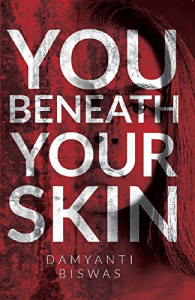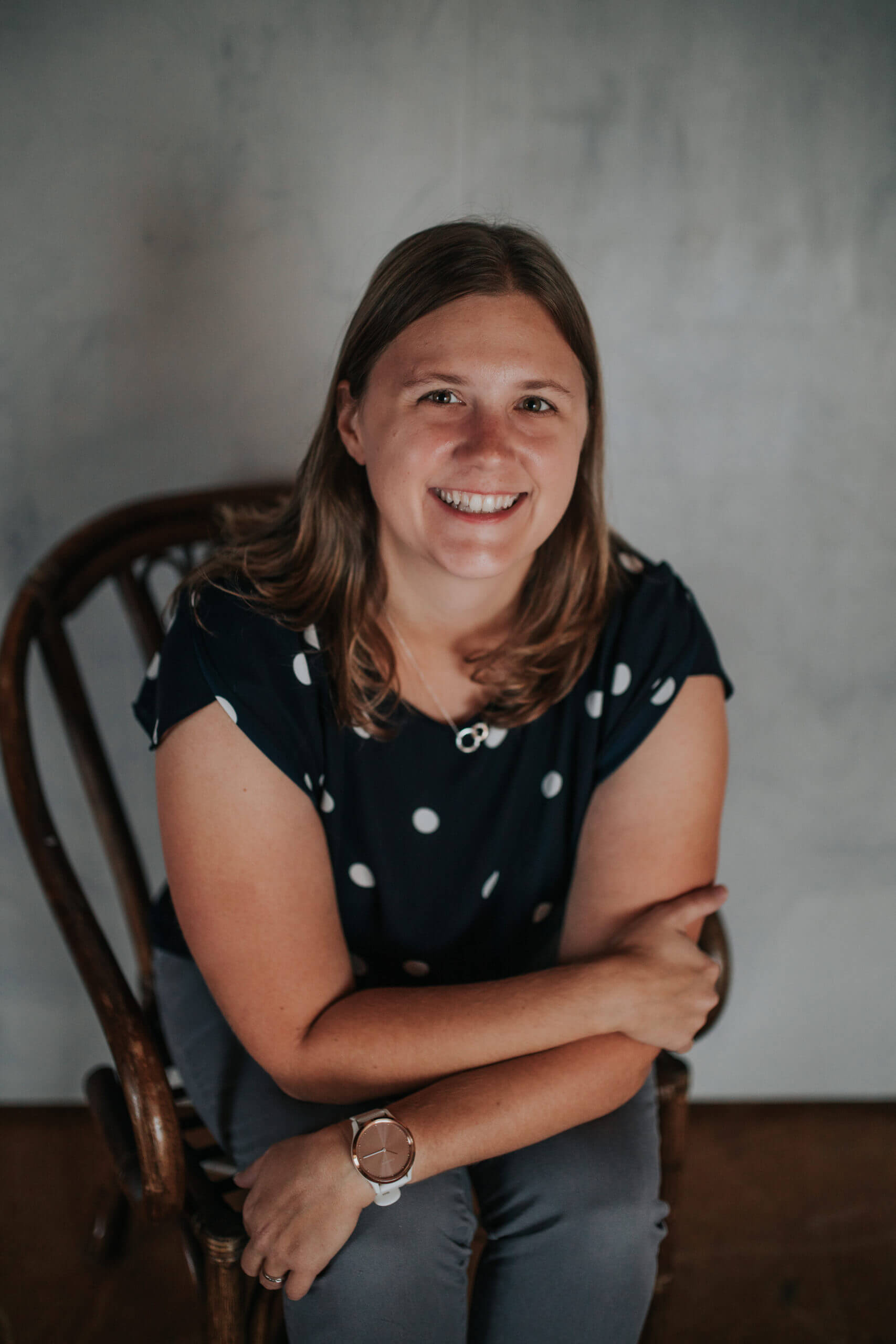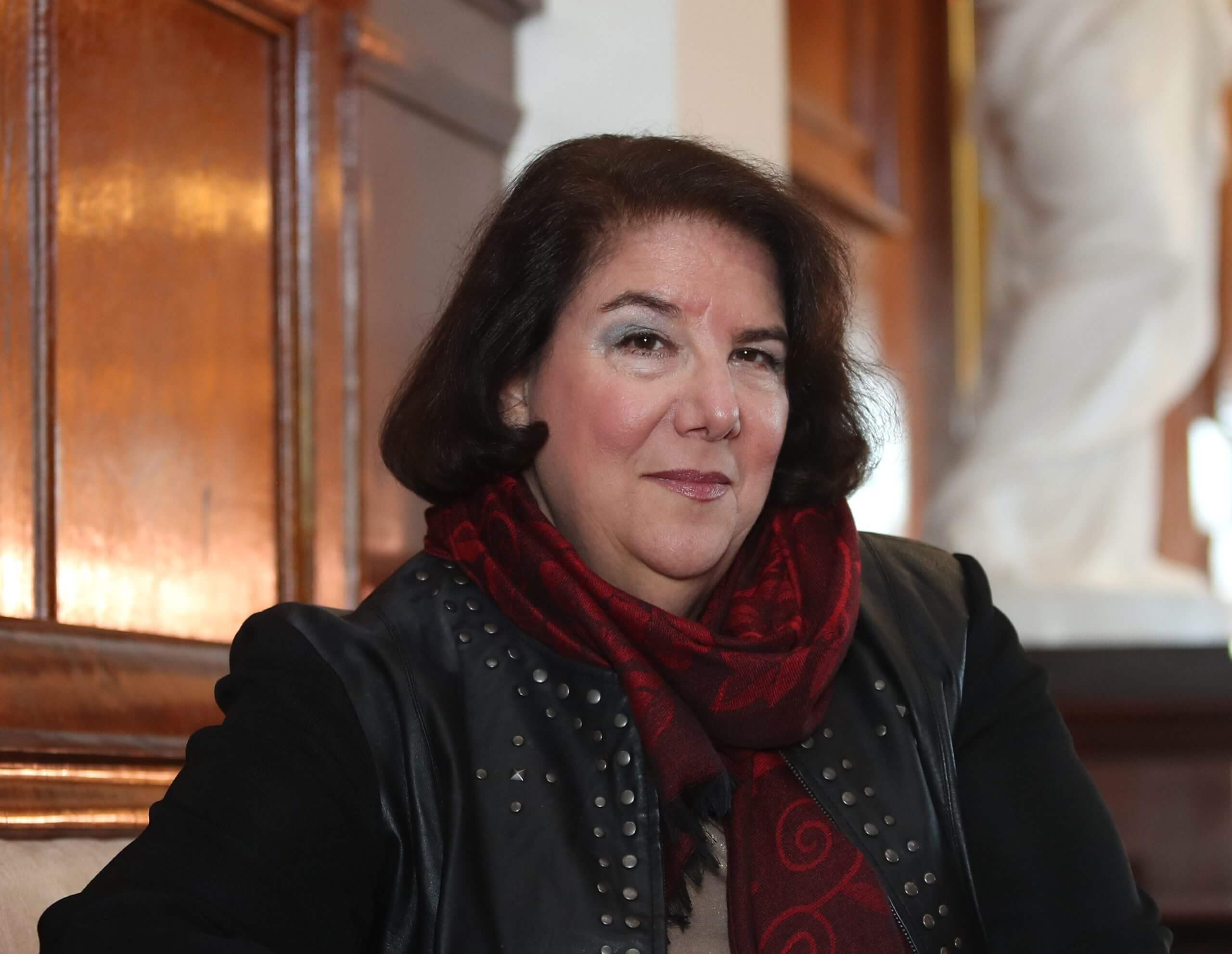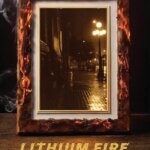Today, I’m thrilled to have Damyanti Biswas visit with me. She lives in Singapore (one of my favorite cities in the world) and supports Delhi’s underprivileged women and children, volunteering with organizations who work for this cause. Her short stories have been published in magazines in the US, UK, and Asia, and she helps edit the Forge Literary Magazine. She was recently awarded The Fay Khoo Award in Penang, Malaysia. Her debut crime novel, You Beneath Your Skin, is an Amazon bestseller, and all author proceeds support the education and empowerment of women at Project WHY and Stop Acid Attacks.
SS: Welcome, Damyanti. Tell me, what was an early experience where you learned that language had power?
DB: As a toddler, much before I could read, my family had taught me the story illustrated in a graphic novel. I could rattle off the narrative while turning the pages, by simply looking at the pictures. This became a party trick at home. It was my earliest memory of language and storytelling. The fact that I could entertain a bunch of humans much larger than me and hold them spellbound gave me a sense of power.
SS: What’s the first book that made you cry? Made you angry? Made you rejoice?
DB: It was a story of Jesus. In hinterland India where I grew up, and in my locality, it was an unfamiliar story. My father brought it home as a fat graphic novel, and when I saw the illustration of a frail man with a crown of thorns, carrying the cross, then being nailed to the cross, I was overwhelmed by the injustice, agony, and violence of it. I remember crying non-stop. My parents had to return the book and console me as best as they could.
SS: I have a similar story. One Christmas, my husband forced my toddler son to touch baby Jesus in a living nativity. The boy has had a baby-Jesus phobia ever since. Writing is undoubtedly a lonely occupation. John Green (The Fault in Our Stars) says writing is a profession for introverts who want to tell you a story but don’t want to make eye contact while doing it. P. D. James (Cover Her Face) says it’s essential for writers to enjoy their own company. Do you see yourself along those lines? Are you a natural loner?
DB: I’ve been a loner most of my life. Once in a while, I can go out and talk to people, but I’m most at ease when either alone or with one or two people I care about. Or with a book. Curling up with a book in bed is my idea of a getaway, as are walks by myself.
SS: What epitaph would you want most to be written about you when it’s all said and done? What epitaph would you like at the end of your life?
DB: Here’s a woman who lived frugally, on surprise.
SS: What is your writing Kryptonite? What’s most likely to stop the flow of your words?
DB: Exhaustion, both physical and mental. Deaths of loved ones.
SS: Who do you most wish would read your book?
DB: For You Beneath Your Skin, it would be the acid attack survivors on whose stories the accounts in the novel are based. Most of them do not speak or read English, and I haven’t had much success so far trying to get it translated to Hindi.
SS: Isabel Allende starts all of her books on January 8 because she started The House of Spirits on that date. Do you have any superstitions or creative rituals about your writing?
DB: I never write everything I know—I stop writing when I can still see what happens next in a scene. No exceptions.
SS: What part do your own fears play in your fiction?
DB: I write into what I fear, what makes me uncomfortable.
SS: Do you read your book reviews? How do you deal with bad or good ones? How does a bad one affect your writing?
DB: I read all reviews. I’ve been fortunate in that I haven’t had many bad reviews for You Beneath Your Skin so far. Good reviews spur me on, and the bad ones leave me unaffected unless I recognize something in them that would help my work improve. I make a note of it then, and move on. Of course, there’s a pang of dejection when I come across a bad review, but that’s all it is. A pang. It passes soon.
SS: I’m the same way. The bad ones roll off my back unless I can glean something from them. The good ones inspire me. Julian Barnes (The Sense of an Ending) says that one of the things he has learned as he grew older is how to manage time in a novel. Have you found an effective technique for this?
DB: I haven’t, but I’m getting better at it. Managing various timelines and characters is a struggle, because time occurs at different speeds for different characters. A huge amount of craft goes into managing time in a novel—not just ‘timelines’ and plot, but also language needs to work to show the passage, stillness or structure of time in a novel.
SS: What’s the best writing advice you’ve ever received? The worst?
DB: The best advice has been that each of us need to find our own writing voice, goals, and process. No two writers are the same. All writing advice can be good or bad, depending on the writer, and what they’re writing—the best way is to listen to all advice and follow only what works for you as a writer, and for your work in progress.
SS: What is your most recent book? In twenty-five words or less, tell me why a reader should start your book next.
DB: My latest book is You Beneath Your Skin. Pick it up if you’d like an unputdownable crime novel, with characters you can’t help caring about.
********************
An excerpt from You Beneath Your Skin:
CHAPTER ONE
Anjali Morgan wanted to get hold of Nikhil and smack him. He could have hurt himself jumping out of the moving car.
I told you he’ll be the death of you one day, Mom’s voice played in her ears. You never listen.
‘Get back in the car,’ she yelled at Nikhil, but he’d disappeared, leaving Anjali stranded at the narrow, sloping exit tunnel of the capital’s largest shopping mall. Two drivers honked behind her. She wanted to turn and yell at them but held back. You know better than anyone else he can’t help it.
She needed to clear her head before she spoke to him again. He wouldn’t go far. Deep breaths. She leaned out of the car door and inhaled, only for the petrol fumes to hit her, along with the smog and that dusty smell unique to New Delhi. She forgot it most times, but now she choked on it and coughed.
Anjali stepped out of her car, the yellow overhead lights blinding her for a moment. Five cars now queued up behind hers. The driver in the first car had seen a teenager throw a tantrum in front of his harried mother. He slammed the horn and the rest followed suit. She spotted Nikhil’s gangly form down the slope, cantering away.
‘Madamji.’ A short Nepali guard in a beige uniform hurried up the slope towards her, his whistle shrieking. ‘Yahan parking allowed nahin hai.’
‘I’m sorry.’ Anjali tried to remember the Hindi words, but they’d fled, along with her composure. ‘My son has run away.’
She was about to sprint after Nikhil when the guard overtook her and blocked the way.
‘No parking here.’ He pointed at the cars queuing up behind her. ‘This is “Exit”.’
Down the slope behind the guard, Anjali watched in horror as Nikhil turned into the parking area and disappeared. The cool air of a November evening made her shiver.
‘I need to go get my son. What part of that can’t you understand?’
Anjali loosened the scarf about her neck, parted it from her jacket. In her last therapy session with Nikhil, the two of them had been taught to cup their hands and take deep breaths when in a trying situation. She tried it now, but terror clogged her throat. Her breaths came gasping, short.
‘Big boy only, mil jaega.’ The Nepali guard gestured towards the main road and spoke in a mixture of Hindi and broken English, ‘Make one round and come back. Where will he go?’
How was she to explain to this man that she couldn’t afford to lose sight of Nikhil? By now he might have tripped and fallen down an escalator, screaming like a horror movie hostage, or thrown a fit when a stranger brushed against him in the evening crowd.
‘Move your car.’ Another guard appeared, his eyes trained at her chest instead of her face. ‘You are making jam.’
A supervisor. Making jam, indeed. Strawberry or apricot?
She needed to get past the honking cars, the petrol fumes in the exit tunnel, and this cranky supervisor eyeing her up.
‘Get into car, madam,’ the supervisor continued. ‘Gori memsaab,’ he muttered under his breath in Hindi, ‘samajhti kya hai apne aap ko?’
The sight of a light-skinned, blonde-haired woman, taller and broader than him, had clearly pissed this man off. Twelve years in Delhi and it still got to her. The guard didn’t know she understood his comment: ‘What does she think of herself?’ and the way he chewed on the words ‘gori memsaab’ behind his moustache. White Madam.
She wanted to punch his face, show him what a big ‘white madam’ might do, but that wouldn’t get her any closer to Nikhil. Quite the opposite. Two more guards jogged towards her from the parking lot.
‘I will find him, madamji,’ the Nepali guard spoke up in order to be heard over a renewed spate of honks, ‘you go and come back. I saw him. In black t-shirt and jeans, hai na?’
********************
Early praise for You Beneath Your Skin:
‘Biswas’s masterful You Beneath Your Skin is an intelligent page-turner that mixes a thrilling murder case with a profound psychological and sociological study of contemporary India.’ – David Corbett, award-winning author of The Art of Character
‘You Beneath Your Skin is a gripping tale of murder, corruption and power and their terrifying effects in New Delhi. Highly recommended.’ – Alice Clark-Platts, bestselling author of The Flower Girls
‘Suspenseful and sensitive, with characters negotiating serious issues of society, this crime novel will keep you awake at night!’ – Jo Furniss, bestselling author of All the Little Children and The Trailing Spouse
‘Gripping…crime fiction with a difference. This is a novel full of layers and depth, focusing on class and corruption in India with compassion and complexity.’ – Sanjida Kay, Author of psychological thrillers, Bone by Bone, The Stolen Child, My Mother’s Secret and One Year Later
‘You Beneath Your Skin – beautiful writing, strong characters and a story that will stay with me for a long time. Set in New Delhi, this novel tackles important issues as well as providing a tension-filled read.’ – Jacqueline Ward, Bestselling author of Perfect Ten
You Beneath Your Skin is an Amazon-bestselling crime novel about the investigation of an acid attack on a woman from Delhi’s upper class, set against the backdrop of crimes against underprivileged women. They are assaulted, disfigured with acid, and murdered. It is a whodunit, but also a whydunit, because violent crime unravels those affected: the people, the relationships, the very fabric of society, and we get a glimpse of what lies beneath. That’s why the title, You Beneath Your Skin.

Damyanti Biswas can be found here on social media:
Facebook | Goodreads | Twitter | Instagram













